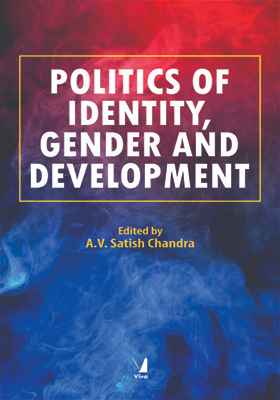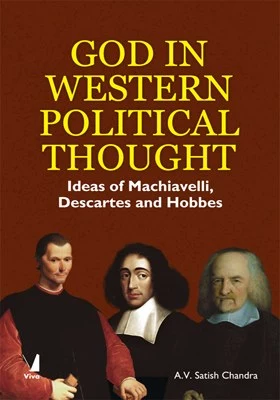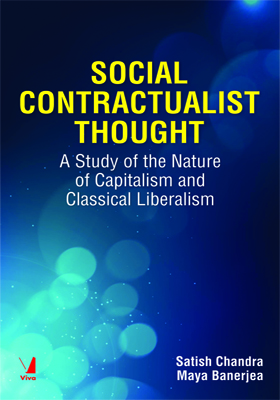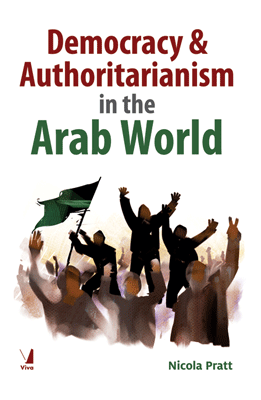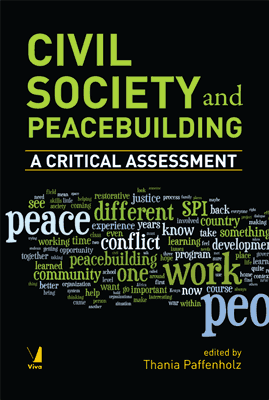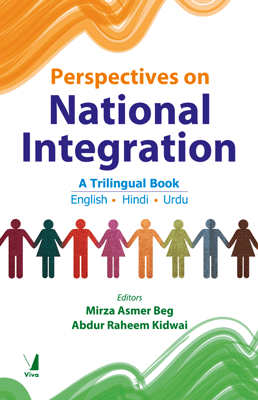
Perspectives on National Integration
Perspectives on National Integration
A Trilingual Book: English-Hindi-Urdu
₹625.50 ₹695.00 Save: ₹69.50 (10%)
Go to cartISBN: 9788130922744
Bind: Paperback
Year: 2013
Pages: 196
Size: 140 x 216 mm
Publisher: Viva Books Originals
Sales Territory: Worldwide
Description:
A Trilingual Book: English - Hindi -Urdu
National integration is a multi-dimensional concept. The question of national integration assumes significance because most of the modern states are ethnically heterogeneous. It implies the fostering of nationalism among the people of a country. In view of the multiplicity of degenerative forces in our country, we need a national effort to forge integration in India. The need of the hour is to go for a radical revamping of our social justice policies and strategies that could diminish the feeling of exclusion among the marginalized and downtrodden sections of our society and move them towards inclusion. We all need to become equal partners in contributing to and shaping the processes of national integration.
This collection of essays looks at the philosophical, historical, political and cultural dimensions of national integration. It also suggests ways to check the growth of disintegrative tendencies in India and strengthen the forces of integration.
Contents in English, Hindi & Urdu:
Introduction
Minorities and National Integration in India: Emerging Concerns and Policy Tensions —Mohd. Sanjeer Alam
National Integration in India—Mirza Asmer Beg
Multilingualism and National Integration—S. Imtiaz Hasnain
From Explicit Contradictions to Implicit Unity: The Trajectory of National Integration in India—K.C. Sreekumar
Casteism: Threat to National Integration—Anil Kumar Verma
Teacher Training at the UGC ASC, AMU: Towards Peace and Harmony in Society—S. Reshma Jamal
About the Editors:
Mirza Asmer Beg is Professor of Political Science at the Aligarh Muslim University, Aligarh, India. He is the recipient of several international awards and fellowships. He is the author of In the Tug-of-War. He had contributed seven articles to the International Encyclopedia of Affirmative Action (Greenwood Publishing Company, USA). He has written more than twenty five research papers in national and international journals. He has also contributed several papers to books published in India and abroad.
Abdur Raheem Kidwai is Professor of English and Director of UGC Academic Staff College, Aligarh Muslim University, Aligarh, India. He is also Visiting Fellow at the Department of English, University of Leicester. His publications include Orientalism in Lord Byron's Turkish Tales, US/Canada, Lewiston, Mellen University Press, 1995; The Crescent and the Cross: Image of the Orient in English Literature, Aligarh Muslim University, 1997; Stranger than Fiction: Image of Islam/Muslims in English Fiction, APH, New Delhi, 2000 (Edited Volume); Behind the Veil: Representation of Muslim Woman in Indian Writings in English 1950-2000, APH, New Delhi, 2007 (Edited Volume); Literary Orientalism: A Companion, New Delhi, Viva Books, 2009, Higher Education: Issues and Challenges, (Edited Volume), New Delhi, Viva Books, 2010. The Holy and the Unholy Critical Essays on Qaisra Shahraz's Fiction, (Edited Volume), New Delhi, Sarup and Sons, 2010. He has delivered lecture on English studies and Higher Education in India at the Universities of Oxford, Leicester, Wolver Hampton, Sunderland and UCL, London and Mauritius.
In collaboration with the National Foundation for Communal Harmony, New Delhi Professor Kidwai has organized a range of programmes on Peaceful Coexistence under the aegis of the UGC Academic Staff College, Aligarh Muslim University, Aligarh
